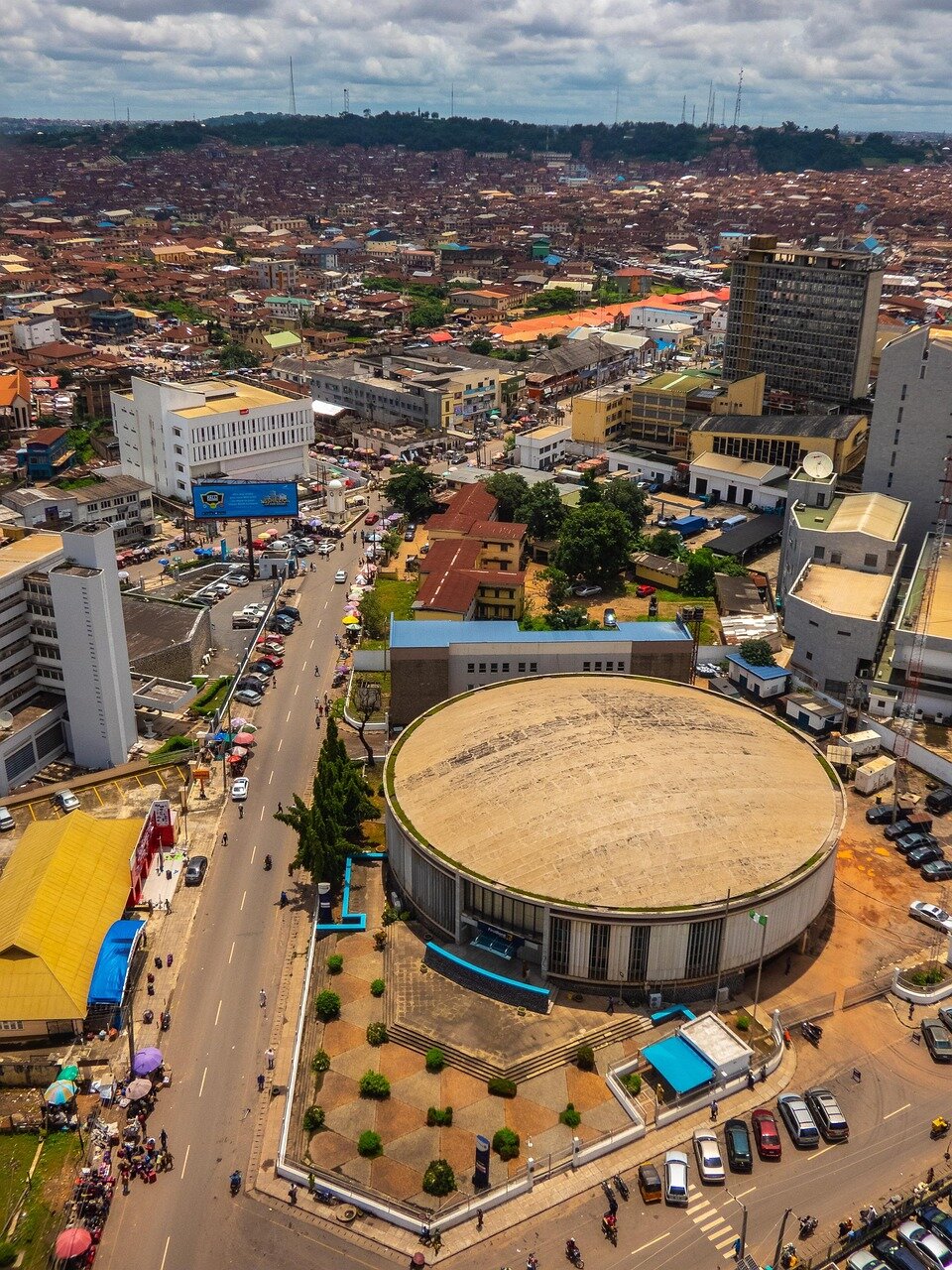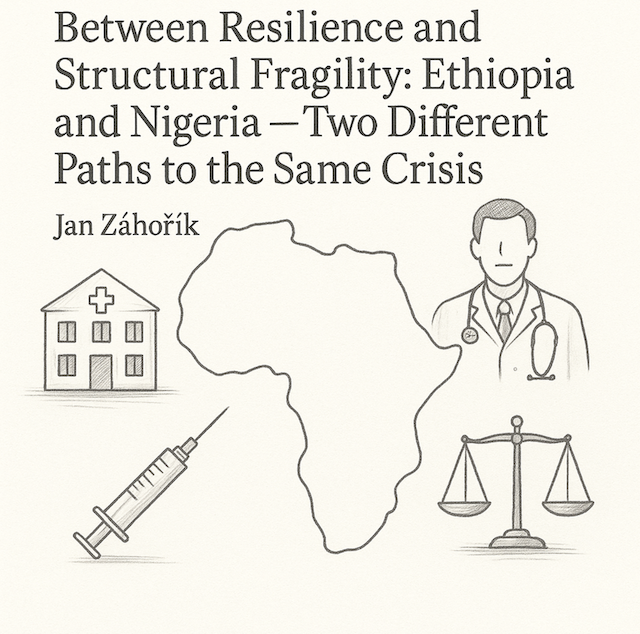On the last Sunday of July, part of the silo collapsed in Beirut, Lebanon, the remains of the explosion in 2020. The damaged structure of the silo became a symbol of the explosion of 2,750 tons of ammonium nitrate, which killed more than 200 people. However, the country's largest silos with a capacity of 100,000 tons have saved the lives of many residents of the streets of West Beirut. The cause of the collapse of part of the fifty-year-old forces was a fire that had lasted for more than a month, which was caused by the fermentation of the still-present grain.
In recent years, in addition to the political crisis, grain has been one of the main topics of this country of 7 million people. Since the Russian attack on Ukraine, the import of grain from Ukraine has stopped and in Lebanon, which imported 80% of its grain from these two countries, the prices of this commodity have increased sharply. Together with the increase in fuel prices and the lack of electricity, the price of traditional Arabic bread has increased several times. Although the government subsidizes prices and officially a pack of thin 6 loaves of bread sells for 13,000 lira (approx. €0.40), a combination of factors including the operation of bakeries and the availability of subsidized bread result in the sale of this basic food on the black market.
"However, the economic situation in which the state of Lebanon finds itself for the third year has forced the government to stop subsidizing food other than bread. The increase in prices for other foods is thus even more significant."

There are two options for ordinary people. The first is to wait two or three hours in front of the bakery and hope that the buyer can get away with something or look for bread on the black market where it costs 30,000 lire (approx. €1). The black market is a natural outcome of the situation in which the bread trade in Lebanon has found itself, but not everyone can afford such a surcharge. Due to the banking crisis, the real dollar to lira exchange rate has increased from 1,500 USD/LBP in 2019 to around 30,000 lira to the dollar today. To illustrate the situation, it should be added that while average salaries have increased only minimally in the last three years and 75% of people earn less than 2,000,000 lire (€65) per month, the price of bread has increased from 1,500 lire to 13,000 lire since 2019 alone. bread, if the shopper can get by at all.
However, the uncertainty and nervousness of buyers brings with it tense situations and more than one battle broke out in front of the bakeries. However, the economic situation in which the state of Lebanon finds itself for the third year has forced the government to stop subsidizing food other than bread. The increase in prices for other foods is thus even more pronounced. Therefore, these battles in front of bakeries may soon turn into games for life. The arrival of ships with Ukrainian grain can only alleviate the already bad situation. However, the problem is the lack of silos where the country could store this grain.
While bread in Lebanon has become a tool of unfair trade, in Egypt the bread situation has become a topic with a different background. The country of 105 million is one of the largest importers of grain in the world, and 80% of imports are grain from Ukraine and Russia. The most numerous Arab state already announced in March that it will allocate 5.5 billion USD to subsidize food, of which 55% will be intended for bread. Although the price of subsidized bread in Egypt is not increasing, Egypt has a problem and the government knows it will only get worse. Egypt will have to increase its own production. This can lead to much more aggressive reactions to the actions of neighboring countries that could threaten the food security of Egyptians, namely the construction of the Ethiopian dam. However, artificially subsidizing bread prices and punishing people for price manipulation will not increase security in Egypt.
"For many Syrian families, this means that they spend roughly 15% of their total income on monthly bread consumption."
However, long waits in front of bakeries are nothing new in war-torn Syria. In 2020, protests emerged in government-controlled regions. These protests were mainly due to the bad economic situation and the devaluation of the Syrian lira. Although the government subsidizes not only bread, but also other basic needs such as oil, sugar and fuel, not all residents of government-controlled areas have access to subsidized goods. The reason is that Damascus, in order to make it impossible to trade these commodities on the black market, has created electronic cards that people use to make purchases. In this way, however, the authorities can block access to subsidized goods even to people who are economically dependent on it. While the family spends 12,500 Syrian lira per month on subsidized bread, it is 90,000 lira on unsubsidized bread. For many Syrian families, this means that they spend roughly 15% of their total income on monthly bread consumption.
The increase in the price of basic food in countries that have not yet managed the recent Syrian exodus may cause unprecedented social problems, from which millions will look for a way out in other countries where there is no hunger.
.png)








